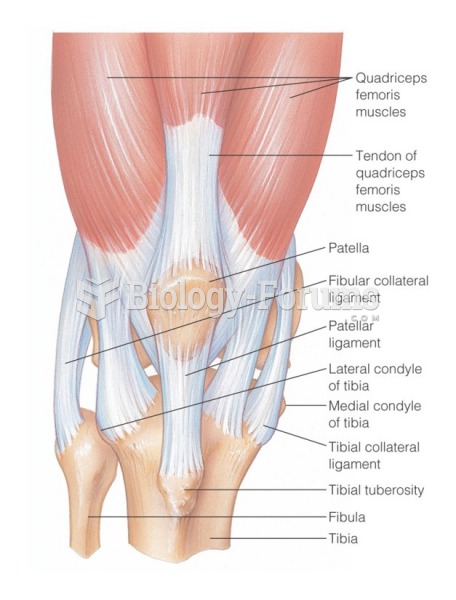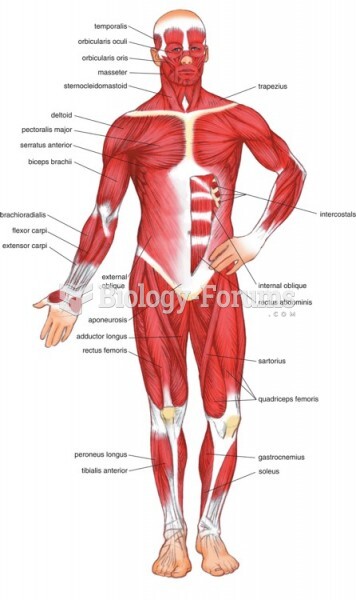Answer to Question 1
Reid v. Georgia, 448 U.S. 438 (1980) was one of the first Supreme Court cases to address drug courier profiling. The U.S. Supreme Court granted certiorari, holding that the judgment of the appellate court cannot be sustained insofar as it rests on the determination that the DEA agent lawfully seized the petitioner when he approached him. The Court went on to note that the agent could not . . . have reasonably suspected the petitioner of criminal activity on the basis . . . that the petitioner preceded another person and occasionally looked backward at him. The other the unusual hour, lack of luggage, and place of origin describe a very large category of presumably innocent travelers, who would be subject to virtually random seizures were the Court to conclude that as little foundation as there was in this case could justify the seizure. The Court declared that the DEA agent did not have reasonable suspicion to detain Reid.
Another significant drug courier profiling case decided by the Supreme Court is Florida v. Royer, 460 U.S. 491 (1983). In that case, two detectives at the Miami International Airport observed Royer, who had purchased a one-way ticket to New York under an assumed name. Believing that Royer displayed characteristics associated with the drug courier profile, the officers approached him. Royer produced his ticket and identification after being requested to do so. The officers did not return his ticket and identification and instead asked Royer to accompany them to a nearby room. One of the detectives' retrieved the luggage that Royer had checked and brought it to the room. Royer produced a key for the suitcases, and marijuana was found in one of them. Royer was convicted for felony possession, but the Florida Court of Appeals reversed the trial court's decision, holding that the officers detained Royer without probable cause, which was required because of the intrusive nature of the sto
Answer to Question 2
key







